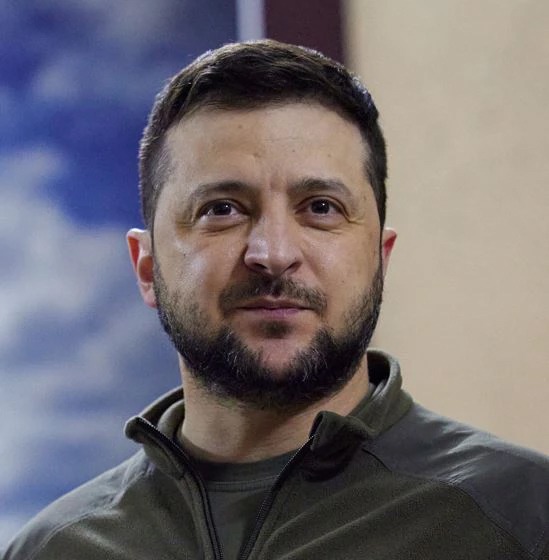European leaders joined President Volodymyr Zelenskyy in Washington after Donald Trump’s Alaska summit with Vladimir Putin failed to deliver a ceasefire. While Trump struck an upbeat tone, his European counterparts were more cautious. By Monday evening, the talks had produced no concrete commitments on security guarantees or progress towards a peace agreement.
Here are some key points worthy of being acknowledged and noticed.
President Volodymyr Zelenskyy’s latest trip to Washington highlighted both the limits and contradictions of current diplomacy on Ukraine.
Donald Trump signalled an ambition to bring Vladimir Putin and Zelenskyy to the same table, hinting at bilateral and then trilateral talks. Yet Moscow has long resisted such a meeting, and Kyiv views Putin’s reluctance as proof of Russia’s lack of seriousness about peace. A Kremlin aide’s noncommittal remarks suggest little real movement.
Trump openly questioned the need for a ceasefire before negotiations, breaking with both European leaders and Ukraine’s long-standing position. German Chancellor Friedrich Merz insisted a ceasefire was essential, underscoring the gap between Washington’s shifting stance and Europe’s more cautious approach. Zelenskyy himself avoided repeating earlier demands for an immediate ceasefire, perhaps to avoid clashing with Trump.
Trump floated the prospect of US-backed security guarantees for Ukraine, without ruling out a military role but stopping short of firm commitments. Zelenskyy, meanwhile, presented this as part of a broader $90bn defence package, including advanced American weapons and drone production support. Despite the rhetoric, details remain uncertain and politically sensitive, particularly in light of Europe’s fears that its security is at stake.
Zelenskyy recalibrates approach in Washington
In contrast to his strained February visit, Zelenskyy deployed gratitude and symbolism, softening his image with a suit instead of military fatigues and offering a personal letter from Ukraine’s First Lady to Melania Trump. His tone suggested a deliberate effort to reassure both Trump and Congress of his appreciation, while also reinforcing Ukraine’s dependence on continued US backing.
European leaders offered praise for Trump’s convening power, but their interventions revealed anxiety about long-term security. Macron warned that any guarantees for Ukraine were inseparable from Europe’s own defence, while Merz stressed the need for Russian restraint before talks. Their words hinted at concern that Trump may prioritise deal-making over Europe’s strategic stability.
The Washington summit generated headlines but no substantive breakthroughs. Trump’s desire to cast himself as the architect of peace collided with entrenched divisions over timing, conditions, and the scope of guarantees. Zelenskyy gained temporary assurances of support, but the absence of concrete commitments highlights the fragile and uncertain path towards any settlement.



